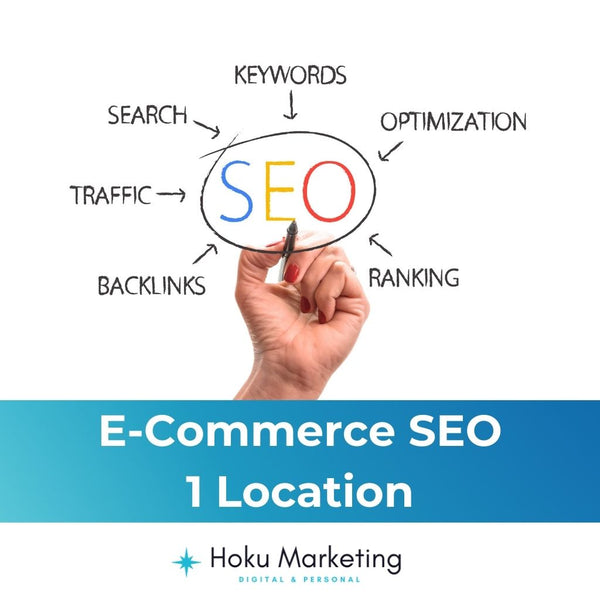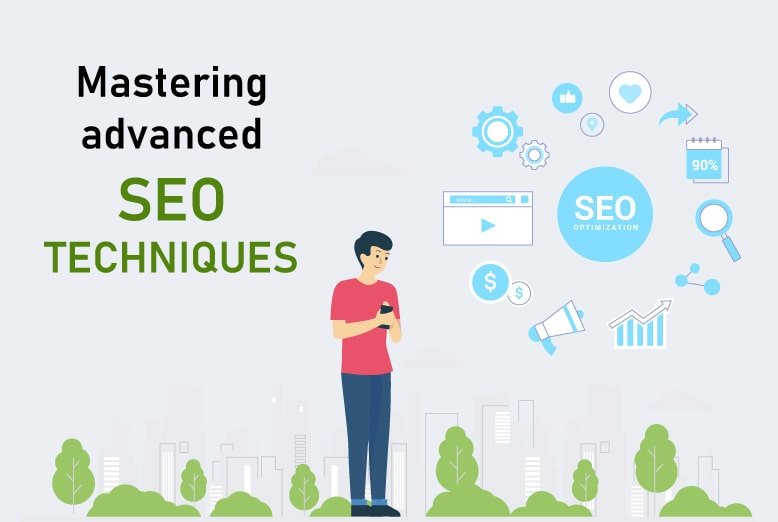
Elevate E-commerce with Proven SEO Strategies
In the competitive realm of e-commerce, implementing effective SEO strategies is paramount for online success. Let’s explore key techniques to enhance visibility, drive traffic, and boost sales in the dynamic world of digital retail.
Understanding the E-commerce Landscape
Before delving into strategies, it’s essential to comprehend the unique challenges and opportunities in e-commerce. The online marketplace is vast and diverse, making it crucial for e-commerce businesses to tailor their SEO efforts to stand out in a crowded digital space.
Keyword Research: The Foundation of E-commerce SEO
Keyword research remains a cornerstone of successful e-commerce SEO. Identify high-intent keywords relevant to your products or services. Utilize tools like Google Keyword Planner or SEMrush to uncover search terms that align with your target audience’s queries.
Optimizing Product Pages for Search
Individual product pages are the lifeblood of e-commerce websites. Optimize each page with compelling product descriptions, high-quality images, and relevant keywords. Implement schema markup to provide search engines with additional context, improving the chances of rich snippets in search results.
User-Friendly Site Structure and Navigation
A seamless and intuitive site structure enhances user experience and contributes to better SEO. Ensure a logical hierarchy, with clear categories and product pages. Intuitive navigation not only pleases users but also assists search engines in crawling and indexing your site effectively.
Mobile Optimization for Shopping On-the-Go
Given the prevalence of mobile users, optimizing your e-commerce site for mobile devices is non-negotiable. Google prioritizes mobile-friendly websites in search rankings. Ensure responsive design, fast-loading pages, and a frictionless mobile shopping experience to capture the growing mobile market.
Content Marketing Strategies for E-commerce
Content marketing is a powerful tool for e-commerce SEO. Create informative blog posts, product guides, and engaging content that adds value to your audience. Content not only attracts organic traffic but also establishes your brand as an authority in your industry.
Building High-Quality Backlinks
Quality backlinks from reputable sources contribute to your e-commerce site’s authority. Develop a link-building strategy that focuses on acquiring links from industry influencers, reputable blogs, and authoritative websites. High-quality backlinks enhance your site’s credibility in the eyes of search engines.
Utilizing Social Media for E-commerce SEO
Social media platforms play a dual role in e-commerce SEO – they drive direct traffic and contribute to search engine visibility. Share product updates, promotions, and engaging content on social channels. Social signals, including likes and shares, are factors that search engines consider.
Optimizing for Local Searches
For brick-and-mortar stores or businesses targeting local markets, local SEO is paramount. Claim your Google My Business listing, optimize for local keywords, and encourage customers to leave reviews. Local optimization ensures visibility in location-based searches.
Analytics and Continuous Improvement
Implementing e-commerce SEO is an ongoing process that requires constant monitoring and adaptation. Utilize analytics tools to track key metrics such as organic traffic, conversion rates, and keyword rankings. Analyze the data to refine your strategy and stay ahead in the ever-evolving e-commerce landscape.
To discover more about elevating your e-commerce with proven SEO strategies, visit writemyessay-site.com. Implementing these techniques will not only enhance your online visibility but also contribute to the overall success of your e-commerce venture.





